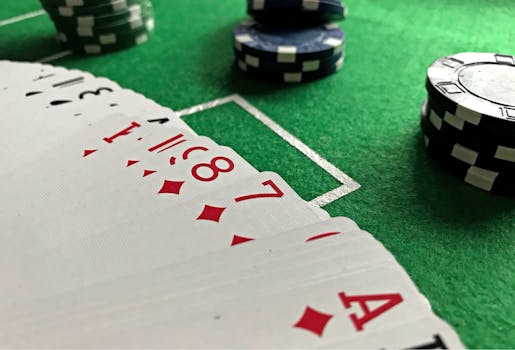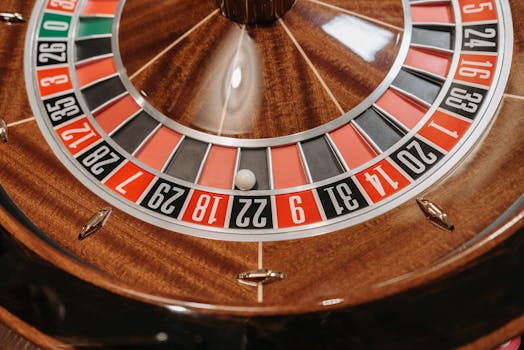The Psychology of Luck: A Casino Perspective
Introduction to the Psychology of Luck
Luck plays a pivotal role in the allure of casino gaming. Whether it’s a roll of the dice, a spin of the roulette wheel, or the turn of a card, many players believe that luck could be on their side, influencing their chances of winning. This belief in luck and its influence on gambling behaviors is a fascinating topic that intersects psychology and casino gaming. In this article, we explore the psychology of luck from a casino perspective, examining how perceptions of luck affect gambler behavior and decisions.
Understanding Luck in Gambling
What is Luck?
Luck is often perceived as a force that brings good fortune or adversity by chance. In the context of gambling, luck is predominantly seen as a random and uncontrollable factor that can dictate the outcome of games which are based on chance.
Cognitive Biases and the Gambler’s Fallacy
One of the key psychological elements in gambling is the presence of cognitive biases like the gambler’s fallacy. This fallacy is the belief that if something happens more frequently than normal during a given period, it will happen less frequently in the future, or vice versa. For example, if a roulette player sees that the ball has landed on black several times in a row, they might assume that it’s 'due' to land on red. This misconception can significantly influence betting behavior, often leading to increased risk-taking.
The Illusion of Control
Another psychological concept at play is the illusion of control, where gamblers believe they can exert some control over outcomes that are actually determined by chance. This might be triggered by choosing their own lottery numbers or blowing on dice before a throw. Studies, such as those highlighted by the American Psychological Association, suggest that this illusion can lead to increased gambling time and staking amounts, under the false belief of influencing the game's outcome.
Positive and Negative Consequences
Advantages of Believing in Luck
Believing in luck can have a few advantages. It enhances enjoyment and excitement, making games more thrilling when players feel that a force might be tipping the scales in their favor. It also supports risk-taking, which is essential for winning in games of chance.
Disadvantages of Believing in Luck
The main disadvantage is the potential for developing problematic gambling behaviors. Belief in luck can lead to persistent gambling, chasing losses, and an inability to stop at the right time. It can also foster irresponsible betting practices, as gamblers might stake more than they can afford, under the impression that luck will eventually favor them.
Practical Examples of Luck in Gambling
Casinos themselves nurture the concept of luck, often subtly. For instance, many casinos are designed to make it easy for players to access games, providing freebies and comps to 'lucky' players, thereby reinforcing the belief that luck might change with the next bet. Promotional materials often highlight big wins and lucky streaks, further cementing the idea of luck as a central gambling element.
Conclusion: Harnessing the Psychology of Luck Responsibly
Understanding the psychology of luck in gambling offers valuable insights into human behavior and risk management. While the thrill of chasing luck can make casino games exhilarating, it's crucial for players to remain aware of the risks. Casinos and players alike should promote responsible gambling practices, ensuring that the pursuit of luck does not lead to adverse consequences.
As a player, it’s important to enjoy the element of luck but also to recognize its limits. Gambling should always be performed responsibly, with an understanding that luck is not a strategy but a random element of chance. For those who gamble, setting limits, knowing when to stop, and understanding the odds are essential strategies to keep the experience positive and fun.
For further reading and to gain a deeper understanding of the psychology of luck and gambling behaviors, reputable sources like the American Psychological Association (APA) and gambling awareness organizations offer extensive resources and tools for responsible gambling.

.png)





